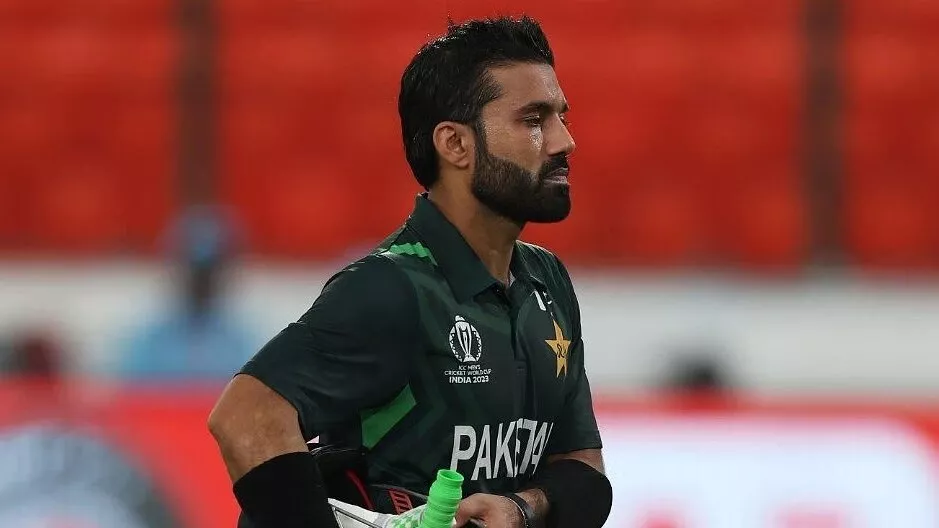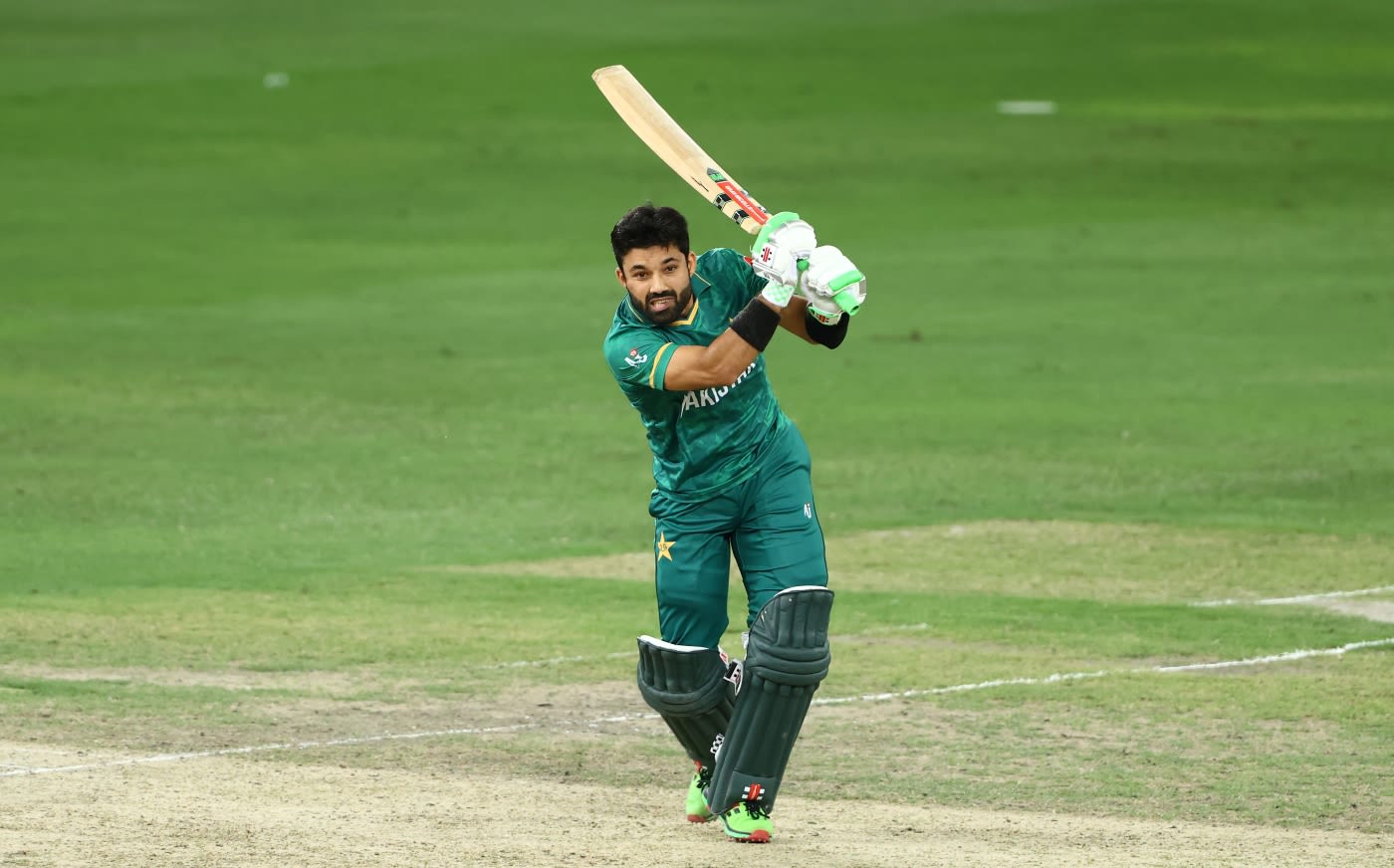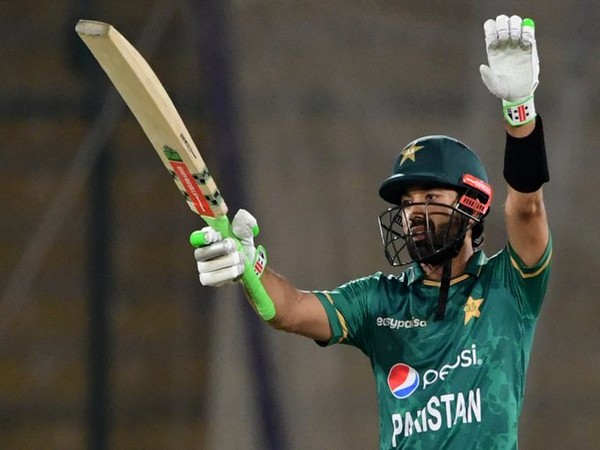Unveiling the Controversy: Rizwan’s Gesture Sparks Accusations of Terrorism Support

Unveiling the Controversy: Rizwan’s Gesture Sparks Accusations of Terrorism Support
In a recent cricket match that had fans across the globe in awe of his talent, Pakistan‘s wicketkeeper-batter Muhammad Rizwan achieved a historic milestone. Scoring a hundred and securing a victory for his team against Sri Lanka, his celebratory gesture, though, sparked a heated debate. Rizwan dedicated his win to the “brothers and sisters in Gaza,” a move that didn’t go unnoticed. In the midst of global conflicts and geopolitical tensions, such a dedication can’t be taken lightly. It has led to accusations of Pakistan supporting terrorism, a claim that’s reverberated beyond the cricket field.
The Accusations:
The accusations of Pakistan supporting terrorism stem from the notion that dedicating a cricketing victory to Gaza implicitly associates Pakistan with a political conflict fraught with controversy and violence. While Rizwan’s dedication may have been intended as a show of solidarity with the people of Gaza who have endured hardships, it has been interpreted differently by some, including RP Singh, a spokesperson for India’s Bharatiya Janata Party (BJP).
RP Singh’s Perspective:
In response to Rizwan’s dedication, BJP spokesperson RP Singh didn’t mince words. Singh asserted, “This clearly shows Pakistan supports terrorism.” His statement underscores the delicate nature of such gestures in the context of international politics and regional conflicts. Singh argued that this display goes beyond a simple celebration; it signifies Pakistan’s alignment with a cause that has raised concerns on the global stage.
Accusations of Supporting Terrorism:
Accusations of supporting terrorism are a serious matter and can have far-reaching consequences in international relations. Such claims place Pakistan under scrutiny, and it’s essential to understand the background and implications of these allegations. This accusation isn’t isolated and is part of a larger conversation around Pakistan’s role in the global fight against terrorism.

Pakistan’s Counterargument:
It’s crucial to note that Pakistan has consistently denied allegations of supporting terrorism. The country has endured its own battles against various extremist groups and has made efforts to combat terrorism within its borders. In recent years, Pakistan has also played a role in facilitating peace talks and negotiations in neighboring Afghanistan, aiming for a stable and secure region.
The Gaza Connection:
The dedication to Gaza brings into focus the intricacies of international politics and how a gesture in the world of sports can have far-reaching implications. The Gaza Strip has been a site of long-standing conflict between Israel and Palestine, with global implications. Dedicating a cricketing victory to a region embroiled in such a complex geopolitical conflict can be seen as an endorsement of a particular perspective.
The Uighur Muslims Mention:
RP Singh’s call for Rizwan to dedicate one of his centuries to Uighur Muslims in China adds another layer of complexity to the situation. The Uighur issue, involving alleged human rights abuses in China’s Xinjiang region, has drawn international attention and condemnation. By invoking this topic, Singh draws attention to broader human rights concerns in the region.

Sport as a Medium:
Sports, especially cricket, have often been used as a medium to foster goodwill and bridge gaps between nations. They provide a platform for players to express their emotions and beliefs. However, Rizwan’s dedication reveals the thin line between personal expression and diplomatic messaging.
The Global Response:
Rizwan’s gesture has reverberated globally, with media and political figures from different countries weighing in. This incident highlights the interconnectedness of the world today, where a simple act can be magnified and scrutinized by people from various walks of life.
The incident involving Muhammad Rizwan’s dedication also underscores the importance of thoughtful communication in the age of social media and global connectivity. In an era where a single tweet or gesture can instantly reach millions, athletes and public figures must consider the potential consequences of their statements. Rizwan’s dedication, while well-intentioned, has demonstrated how a seemingly apolitical act can become embroiled in a broader narrative.
Furthermore, this incident has the potential to ignite a broader conversation about the role of sports in international diplomacy. Historically, sports have served as a neutral ground for nations to come together, setting aside political differences in the spirit of competition. However, the Rizwan episode highlights that sports figures and their actions can no longer be detached from the complex geopolitical landscape. Athletes may now find themselves in a position where their statements and gestures have implications far beyond the playing field.
It is worth noting that while RP Singh’s response to Rizwan’s dedication was strongly worded, it reflects the broader sentiments of many in the international community. The dedication to Gaza has inadvertently cast a spotlight on the delicate balance that Pakistan and other nations must maintain in a world where global politics and sports intertwine.

Conclusion:
The controversy surrounding Muhammad Rizwan’s dedication to Gaza is a testament to the interconnectedness of sports, politics, and global affairs. What might have been a heartfelt gesture for some has led to accusations and debates on Pakistan’s stance on terrorism and its role in broader international conflicts. While cricket remains a unifying force for many, this incident reminds us that it can also serve as a lens through which we view the complex web of geopolitics and diplomacy.




